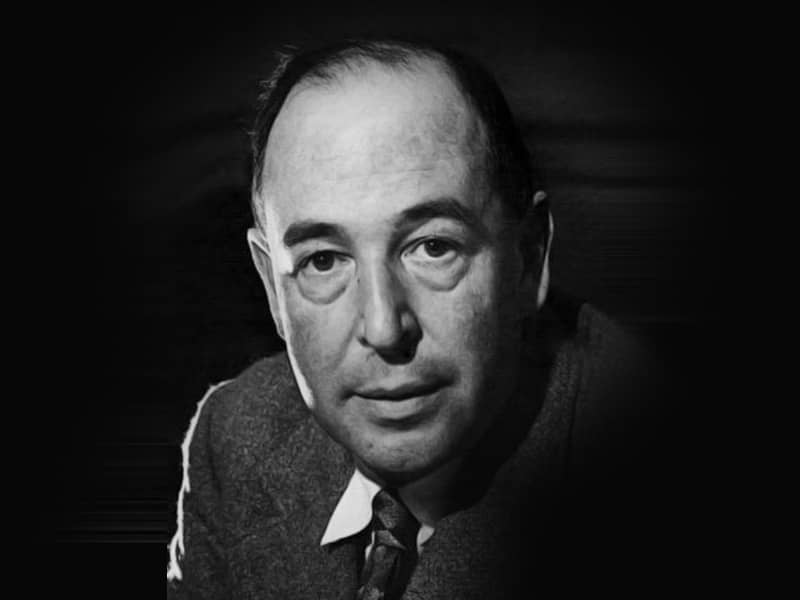
Winter Moon Rises is the third installment in the trilogy that includes Summer’s Path and Waiting for Autumn, and is based on a personal journey into fatherhood – What was your biggest challenge is writing it?
Scott Blum: Winter Moon Rises” is by far my most personal book, and although the book is technically fiction, it is based on my own life and I felt it was imperative to be as nakedly honest as I could be while writing it. My biggest challenge was letting go of preconceptions of what bringing a child into this world would be like. I had to transcend my own story and open my heart to what was happening, rather than having any attachments to what I thought would happen. The journey of parenthood is one of the most profound spiritual experiences we can have, and I wanted to share my own perspective of what happens when you have no choice but to live in the moment every step of the way.
Your previous books explore discovering the heart path and spiritual awakening. In this third book of the trilogy how does Winter Moon Rises complete this journey?
Scott Blum: “Summer’s Path” explores the process of death, making peace with passing and the journey from fear into healing and forgiveness. “Waiting for Autumn” is the exploration of love and the process of becoming whole through following your heart path. And the most recent book, “Winter Moon Rises” is about birth and how the path of inner healing ultimately allows us to emerge from concentrating on the self to use the gifts of selfawareness to bring life into this world. It is the natural progression of self-healing to eventually share the fruits of our personal healing with others, and nothing is more profound than sharing these gifts with our own children. A large part of the book deals with relationships with the spirit of unborn children and the unique challenges they go through before entering this world.
What was the purpose of exploring all of these subjects which are traditionally difficult to talk about?
Scott Blum: I believe that child spirits pick their own parents primarily because they are in alignment with the karmic path that will further the destiny of both the child and parents no matter how long their journey is together. During the initial phases of the pregnancy when a child’s soul is getting to know their new body and prospective parents, there are countless reasons why a soul might not be destined to be born into the world. The child’s soul might not feel compatible with the emerging body from a physical standpoint, the parents’ soul might not be fully in alignment with the child’s karmic destiny, or the unborn child simply might not be ready to leave the amorphous freedom of the spirit world. And although it’s human nature to blame ourselves when a child doesn’t emerge from the womb fully formed after nine months, most of the time our physical actions have nothing to do with the ultimate outcome. Winter Moon Rises has a distinctly male voice.
How do you feel the male experience is different from the female experience of becoming a parent?
Scott Blum: Initially, our human instincts kick into well defined roles during the initial stages of pregnancy: Males are preoccupied with providing food, shelter, money, etc. while females are busied with preparing the nest, nurturing the fetus and her own body. However, after the physical preparations have been made, the couple begins to share common experiences. In some ways, the journey to the top of the Maslow’s pyramid is accelerated as we collectively re-live our own childhood during those nine months. We try to make sense of our own sense of belonging, self-esteem and goals of self-actualization and ultimately come to terms with how we are going to pass our own values to our child. At the same time, it’s also important to put our own values into perspective with the rest of the world and ultimately honor the child’s individuality, especially as it relates to gender issues.
The characters explore gender issues and lead into some very interesting questions. Is gender something you were planning to explore or was it something that manifested organically from your own path into fatherhood?
Scott Blum: One of the biggest issues that the becoming a parent brought up for me is the concrete gender roles and societal structures around “mother” and “father”. I am a product of the women’s liberation movement and feminism and had long ago made peace with what I thought equality was. However, when confronted with bringing a child into the world and filling a tangible role, I was forced to explore what it means to be male and to honor the differences in the genders. Ultimately, we are all connected as one whether we are male or female, and at the same time we can celebrate our differences which are definitely more pronounced during pregnancy.
In the book you ask the question, “Are men necessary?” How did you end up answering that question from your own perspective?
Scott Blum: While I was writing, I was fascinated to learn that females have been out-numbering males in a statistically significant way for generations in the United States and most of Europe. This raises the question as to what the impact from an evolutionary perspective the decline of the male species will be.
Are we going through an evolutionary process of elimination or is the very concept of gender changing?
Scott Blum: During my research I came across some very convincing arguments that males were indeed being phased out, but as the writing of the book progressed, I became convinced that the death of the male species was not going to be a physical one, but a death of the patriarchic paradigm we’ve been experiencing during the past century. It is a popular belief that the Divine Feminine needs to be honored and exalted above all else, which is of course a necessary response to the current state of affairs in order to swing the pendulum in the opposite direction. However, the Divine Masculine which has also been ignored in recent history needs to be celebrated as well which is what unites them both. And whether or not we as individuals correspond to the traditional view of gender, or we choose to focus on the crucial task of integrating the male and female aspects within ourselves, ultimately it is the Sacred Marriage of the Divine Masculine and Divine Feminine wherein true healing takes place.
There are several rituals from different spiritual backgrounds within the book. What do you think is the importance of ceremony and ritual in our culture today?
Scott Blum: With today’s modern lifestyle encouraging and facilitating hyper-individuality and ultimately self-imposed isolation, practicing rituals helps connect us to each other and those that have come before. By practicing the same rituals that our ancestors have, it allows us to draw strength from the entire history of our family line which helps to support us in a unity of mutual honoring. This energetic strength is at the core of the process known as ancestral healing which ultimately serves to allow each of us to take our own powerful place within our family line. However, rituals don’t need to be traditional to serve their purpose. Even if your aren’t able to participate in the ancient rituals of your relatives, creating your own rituals can be beneficial, whether it’s saying special words to loved ones before going to sleep, or taking a break to watch the sunset each day. What’s important is that you devote yourself fully to the moment and use that time to connect to something bigger than yourself. Soul contracts are a theme in all three of your books.
How is becoming a parent serving a soul contract?
Scott Blum: Ultimately, the goal of all soul contracts is to formalize our agreement with the universe about how we intend to make the world a better place after living here. Many of us spend a great deal of time during the first part of our lives learning our own personal lessons, but since the main reason for living is to share our wisdom with others, there is no greater experience we can have in this lifetime than bringing children into this world. It is the very nature of becoming a parent that insures that passing on our own personal gifts is not only a good idea, it’s necessary by design. So therefore, it is common that our soul contracts are already entwined with those of our children’s well before we are born, and the karmic lessons learned on both sides aren’t fully realized until everyone has played their respective roles.
Many of the characters in your books bravely face personal fears and anxieties in order to heal and grow. What is your advice for those of us who are stuck in a pattern of anxiety and fear?
Scott Blum: Many of us are stuck in unhealthy patterns primarily because we haven’t integrated our daily life path with our personal destiny. The universe has a perfect plan for each of us, and although we all benefit from the gift of free will, when we align ourselves with our personal destiny, the universe will reward us with substantial support. When we move in our destined direction that support ultimately makes our lives much easier to live on a daily basis, as opposed to when we’re trying to force our own ideas what our perfect life should be. Naturally, the challenge is to be able to identify what our personal destiny is, and conjure the courage to pursue it once it’s been made obvious to us. And for most of us, it is our intellect which is to blame for preventing us from identifying and embracing our true path. But once we learn to follow our heart and trust our intuition, it becomes easier and ultimately natural to recognize and embrace our personal destiny within every moment.
For more information on Scott's projects go to www.scottblum.net.

